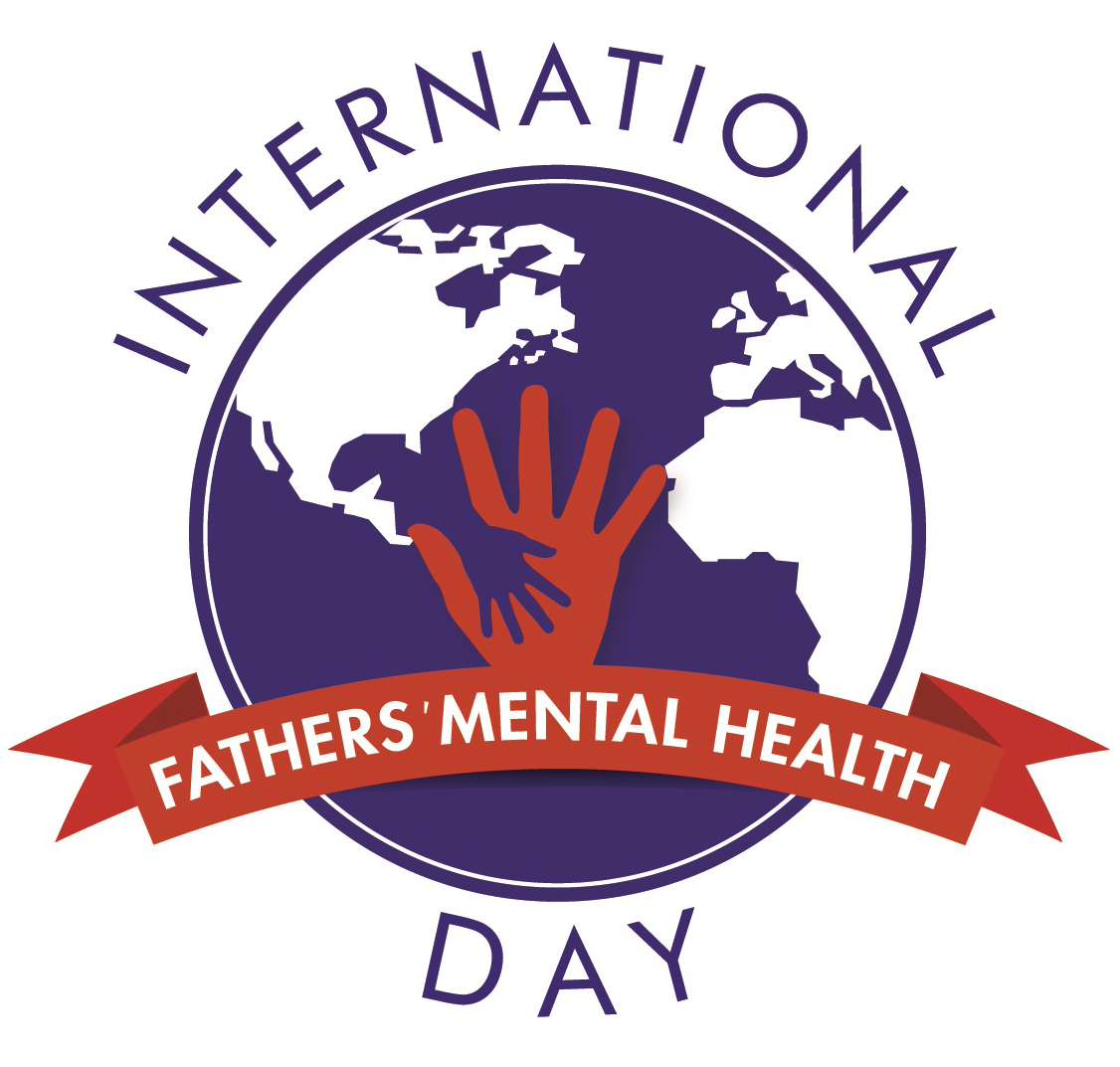Blog, Paternal Mental Health, PMADs, Resources, Wellness
Conversations that Count: Ask a Dad about His Journey

International Fathers’ Mental Health Day (IFMHD) was on June 17th (the day after Father’s Day), so I wanted to take a quick look at an often-overlooked aspect of new fathers’ adjustment to parenthood: His own hormonal changes.
Several of my colleagues founded IFMHD several years back as a way to draw some much-needed attention to dads’ mental health needs during the perinatal period. The reality is that new dads often have some unmet emotional/mental health needs, yet those of us who provide support to new families often need to “shrink outside the box” in order to really factor in the fathers. A quick review of the causes of perinatal mood and anxiety issues for dads sounds a lot like the causes for moms: sleep interruption, relationship strains, increased operational and financial loads at home, balancing work and life – and yes, hormonal changes.
There are now several well-done research studies which have shown that males experience hormonal shifts which are similar in direction, but not in magnitude as those which mothers experience right around the birth of their baby:
- Decrease in testosterone
- Increase in estrogen (estradiol)
- Increase in cortisol
- Increase in vasopressin
- Increase in prolactin & oxytocin
A 2017 study by Darby Saxbe found that fathers face a higher risk of experiencing postpartum depression (PPD) if their testosterone level drop nine months after their baby is born. The same study showed that if a father has very low testosterone, it can affect his partner by predicting lower levels of maternal PPD at 9 and 15 months postpartum. On the flip side, higher levels of paternal testosterone evidenced greater risk of stress, aggression, and hostility aimed at their partners. This study clearly outlines the need to better understand the biological basis of changes in new dads’ mental health.
Help is available.
Finally, if you know a dad who’s having difficulty but just won’t reach out, Postpartum Support International (PSI) has developed some great resources to support dads, their partners, and even those of us whose job it is to work with dads through their new parenthood journey. You can access some resources by clicking here or going to PSI’s website at https://www.postpartum.net/get-help/resources-for-fathers/ .
To learn more about International Fathers’ Mental Health Day, follow us on Twitter (@dadsmhday) and Facebook (https://www.facebook.com/dadsMHday/), and look for posts with #dadsmhday tags.
 |
Daniel Singley, Ph.D. is a Board Certified psychologist and a member of PSI’s Board of Directors whose research and practice focus on paternal perinatal mental health. |
